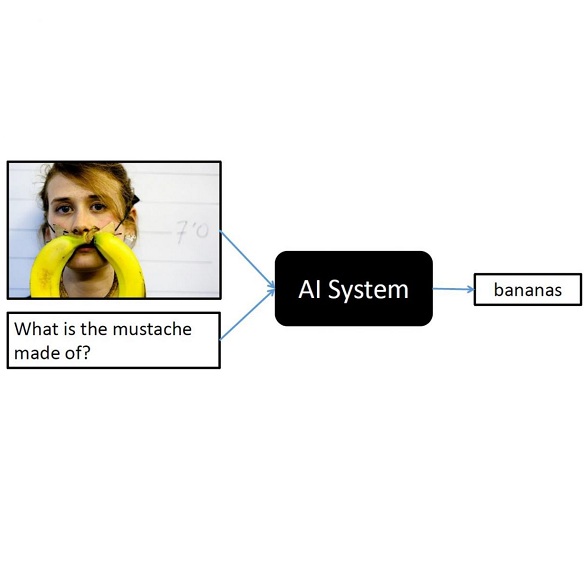Variational quantum algorithms (VQAs) promise efficient use of near-term quantum computers. However, training these algorithms often requires an extensive amount of time and suffers from the barren plateau problem where the magnitude of the gradients vanishes with increasing number of qubits. Here, we show how to optimally train a VQA for learning quantum states. Parameterized quantum circuits can form Gaussian kernels, which we use to derive optimal adaptive learning rates for gradient ascent. We introduce the generalized quantum natural gradient that features stability and optimized movement in parameter space. Both methods together outperform other optimization routines and can enhance VQAs as well as quantum control techniques. The gradients of the VQA do not vanish when the fidelity between the initial state and the state to be learned is bounded from below. We identify a VQA for quantum simulation with such a constraint that can be trained free of barren plateaus. Finally, we propose the application of Gaussian kernels for quantum machine learning.
翻译:变化量算法(VQAs)可以保证高效使用短期量子计算机。然而,培训这些算法往往需要大量的时间,并且会遇到高原问题,因为高原的梯度随着qubit的数量而消失。在这里,我们展示了如何最佳地训练VQA来学习量子状态。参数量子电路可以形成高萨内核,我们用它来为梯度上升获得最佳的适应性学习率。我们引入了通用量子自然梯度,这在参数空间中具有稳定性和最佳的移动性。两种方法都优于其他优化常规,能够增强VQA以及量子控制技术。当初始状态和所学状态之间的忠诚性与下面的界限相隔开时,VQA的梯度不会消失。我们为量子模拟确定了一个VQA,这种限制可以被训练为无贫性高原。最后,我们提议应用高萨内核来学习量子机器。




